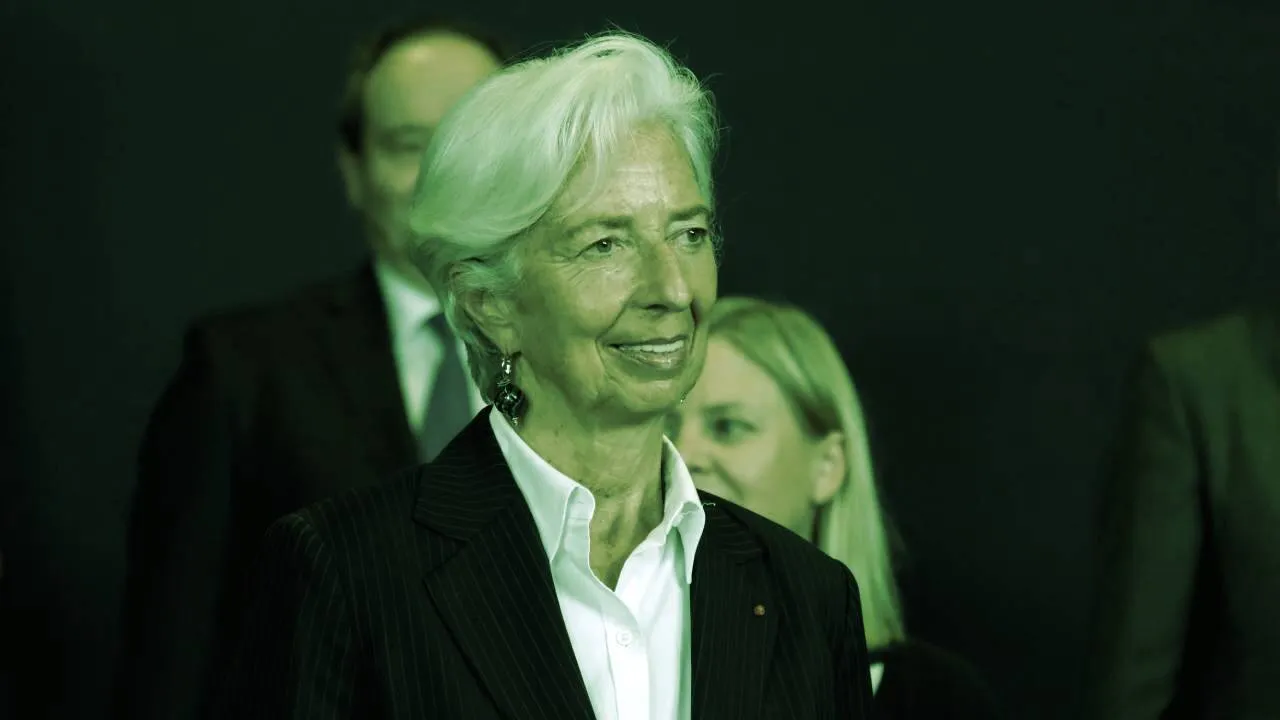European Central Bank president Christine Lagarde argued for regulation of crypto activities including staking and lending, in remarks before the European Parliament this week.
Speaking as chair of the European Systemic Risk Board (ESRB), Lagarde stated that crypto-assets are “narrowly-defined” under proposed regulation and that future legislation “should regulate the activities of crypto-asset staking and lending, which are definitely increasing.”
Lagarde said that, “Innovations in these unexplored and uncharted territories put consumers at risk, where the lack of regulation is often covering fraud, completely illegitimate claims about valuation, and very often speculation, as well as criminal dealings.”
Her statements follow a tumultuous period for crypto markets in which crypto lending platform Celsius announced that it would pause withdrawals for its users, prompting a series of investigations from U.S. state securities regulators. Days later, another crypto lending platform, Babel Finance, also paused withdrawals, citing “liquidity pressures.”
Live now: President @Lagarde speaks before the Committee on Economic and Monetary Affairs of the @Europarl_EN and answers questions from its members.
Follow here https://t.co/Hef6JljFOF @EP_Economics pic.twitter.com/r7mZTczSxa— European Central Bank (@ecb) June 20, 2022
“We need to keep scanning the horizon for emerging risks and structural trends affecting the EU financial system,” Lagarde said, noting that further discussions will be held regarding financial stability issues relating to crypto-assets this week.
The Markets in Crypto-assets (MiCA) Regulation is a legal framework introduced in September 2020 and approved in March 2022. It provides rules for how crypto-assets should be handled within the European Union.
According to Lagarde, it is not likely that MiCA will be implemented until 2024. The ECB president also stated that additional regulation will have to be drafted, as practices in cryptocurrency markets evolve over time. She added that it’s a “long way away” when considering the speed at which “market values, and creativity, and greed” impact developments in the cryptocurrency industry.
The current regulatory framework proposed under MiCA focuses on financial intermediaries, such as banks, and does not apply to decentralized currencies including Bitcoin—something that the European Parliament hopes to address in future laws that would cover assets where there is no “identifiable issuer,” said Lagarde.
During the European Parliament's meeting, French economists and European Parliament member Aurore Lalucq posed questions regarding the liquidation of firms built around portfolios of cryptocurrencies and how it could affect the EU’s financial stability.
“Crypto-assets and decentralized finance have the potential to pose real risks to financial stability,” said Lagarde in response. “For the moment, the links between the private-sector crypto assets and traditional finance remain still limited.”

